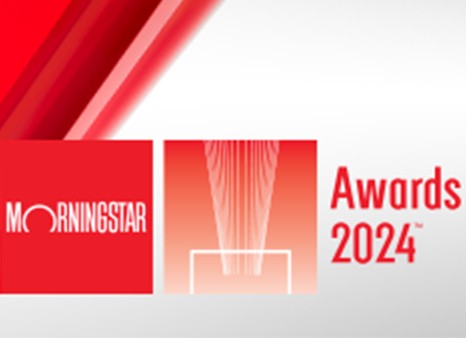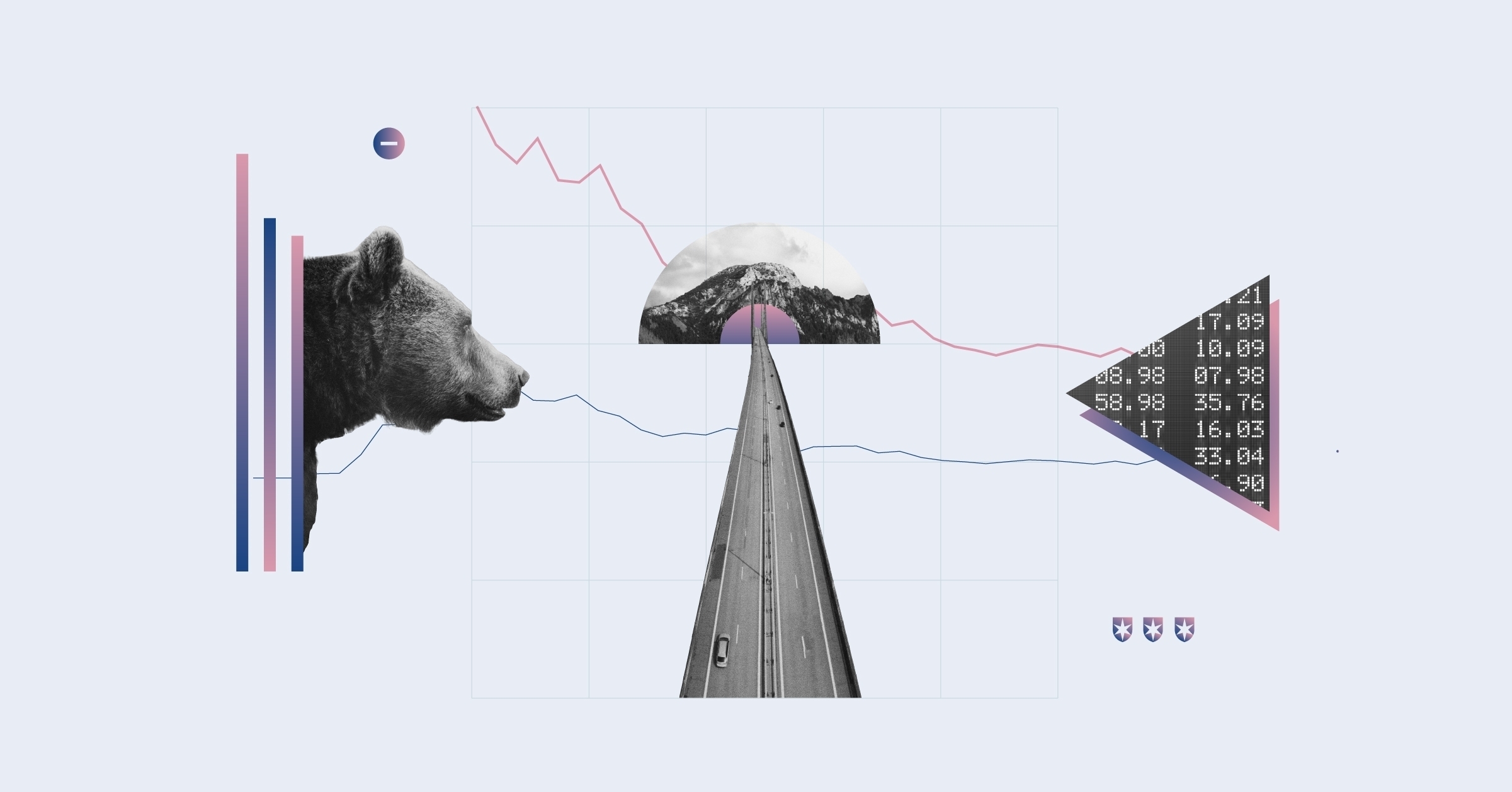Morningstarin analyytikot ovat laskeneet toisen kerran Morningstarille arvioimaansa ns. käypää arvoa. Syynä ovat Volkswagenin omat lausunnot jotka vahvistavat yhtiön olleen tietoinen lain rikkomisesta ja siihen liittynyt pääjohtaja Martin Winterkonrnin ero. Näkemyksemme yhtiön osakkeen arvosta on 190 euroa aiemman 210 euron sijaan.
Seniorianalyytikko Richard Hilgert näkee kuitenkin yhtiön osakkeen kiinnostavana nykyarvollaan. (Volkswagenin sivut Morningstar.fi:ssä.)
Hilgertin perustelut uudelle näkemykselle, julkaistu torstaina 24.9. Hän käy läpi tunnettuja tapauksia ja korvaussummia, joita eri yhtiöt ovat joutuneet maksamaan rikottuaan Yhdysvaltain ympäristöviranomaisen määräyksiä:
Until now, the only formal statements on criminality in Volkswagen diesel-gate were allegations that had come from the Environmental Protection Agency, or EPA, and the California Air Resources Board as well as the assumed-guilty-before-proven-innocent speculation coming from the press and automotive industry talking heads. No-moat-rated Volkswagen's latest press releases, including former CEO Martin Winterkorn's resignation statement and Supervisory Board statements have caused us to increase the detrimental impact to VW's enterprise value from the diesel engine emissions scandal. Their statements confirm that there was a flagrant disregard for the law within the organization. We reduce our fair value estimate to EUR 190 from EUR 210.
Even after assuming harsher fines and penalties, as well as our assumptions for degradation of the brands, Volkswagen shares appear to us to be oversold. With a 5-star rating, the stock trades at roughly a 40% discount to our EUR 190 fair value estimate. Even so, under the current circumstances, Volkswagen stock is not for the faint of heart. Caution is warranted as shares are likely to be volatile from heavy news flow hitting the markets on the likely myriad of company announcements about management changes and about the criminal investigation of Volkswagen diesel-gate.
Our EUR 190 fair value estimate includes punitive fines and assumes consumer rebellion against the tainted brands with the consequences potentially coming from all global markets where Volkswagen sells the illegally polluting diesels. We have more than doubled our original enterprise value carve-out to EUR 20 billion from EUR 9 billion. Our fair value also assumes a negative impact on demand and pricing to account for brand degradation in what is sure to be a marketing nightmare for Volkswagen. We estimate year-over-year declines in 2015 and 2016 revenue (excluding financial services) of 2% and 15%, respectively. Through the first half of 2015, revenue is up 8%.
So, how does our EUR 20 billion enterprise carve-out stack-up against other recent automaker and EPA penalties and what about our assumptions for volume and revenue declines as a result of tarnished brand images?
*Hyundai/Kia reached a settlement in 2014 to pay $100 million in civil penalties, $50 million to establish an independent fuel economy certification group, and to forfeit $200 million worth of carbon emission credits for violating the Clean Air Act by overstating vehicle fuel economy on roughly 1.2 million vehicles in the U.S. From 2013 to 2014, Hyundai U.S. sales increased 1% and while Kia's sales rose 8%, the group's total revenue increased 2% during the same time period. We see very little or even no damage done to the Hyundai or the Kia brand demonstrated in this information.
*In a deferred prosecution settlement of criminal charges reached in spring 2014 with the U.S. Department of Justice, Toyota paid $1.2 billion as a result of its unintended acceleration scandal. The company actually made several recalls in 2010 and 2011 involving approximately 8 million vehicles for accelerator pedals sticking under floor mats and for antilock brake software. Toyota U.S. sales volume in those years declined 6% and increased 2%, respectively. For 2012, the company's U.S. sales volume jumped by 26%. For 2010, 2011 and 2012, total Toyota revenue declined 8%, increased 1%, and declined 2%, respectively. While the results appear mixed, in March 2011, Japan was struck by a devastating natural disaster that sidelined significant portions of Toyota's capacity and severely reduced the car company's domestic demand. Very little damage to the Toyota brand is apparent.
*In September 2015, General Motors reached a $900 million (excluding potential litigation) settlement with the Justice Department to defer criminal prosecution and has paid the victims' fund roughly $600 million for a total of roughly $1.5 billion plus a $35 million maximum allowable U.S. fine for delaying a recall. General Motors' ignition switch scandal broke in early 2014 and eventually included about 29 million vehicles in North America, but 30 million vehicles globally were recalled for various reasons. Despite the debacle, General Motors' U.S. sales volume rose 5% in 2014 while North American revenue increased 6%. We see no detectable brand damage in the sales and revenue numbers of General Motors.
*The BP Deepwater Horizon oil spill in the Gulf of Mexico had a potential EPA fine of $13.7 billion, but BP struck a deferred litigation settlement for $5.5 billion. Of course, the company has spent tens of billions on remediation, plus the economic loss to fishing and tourist businesses.









.jpg)











